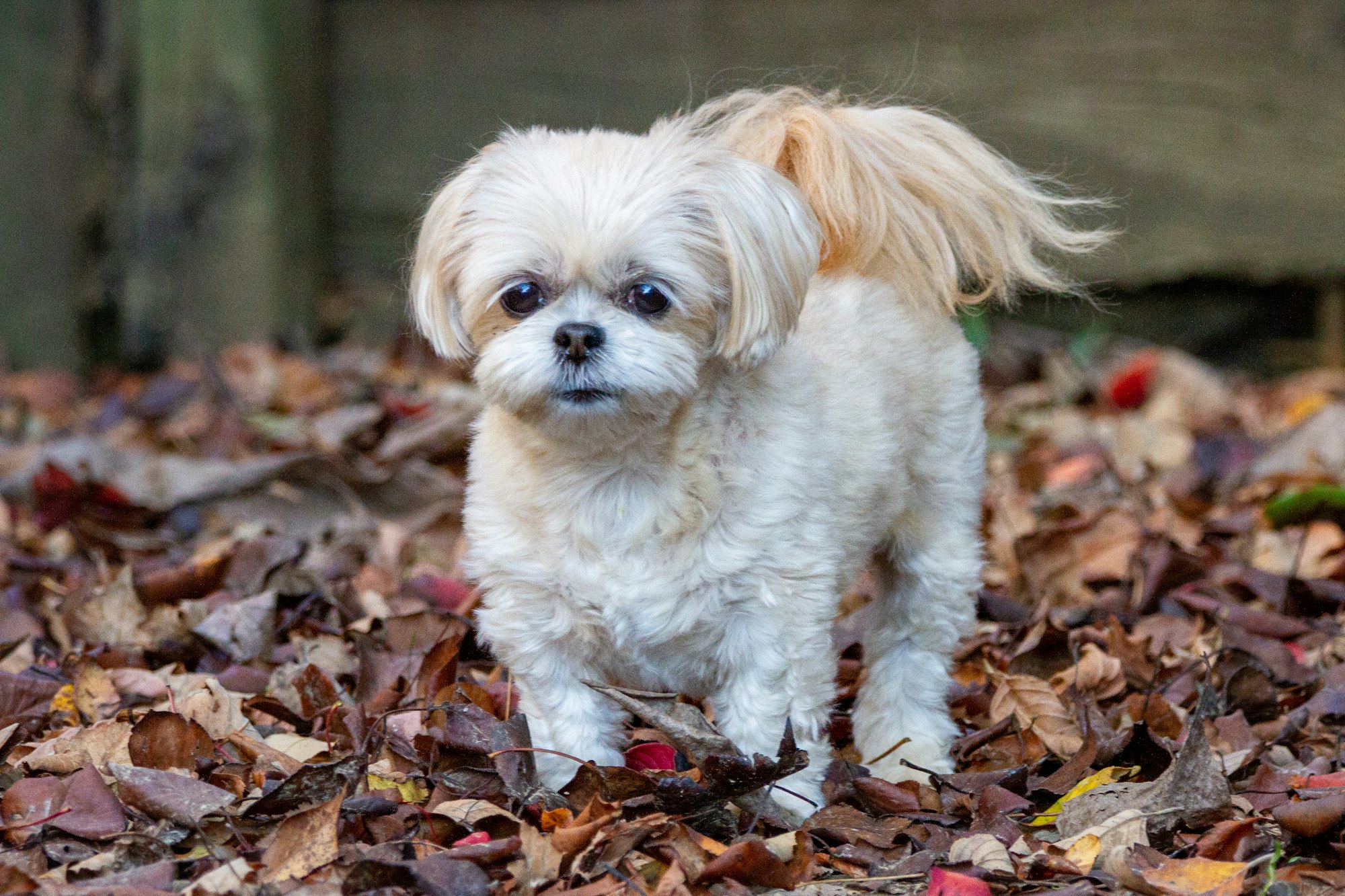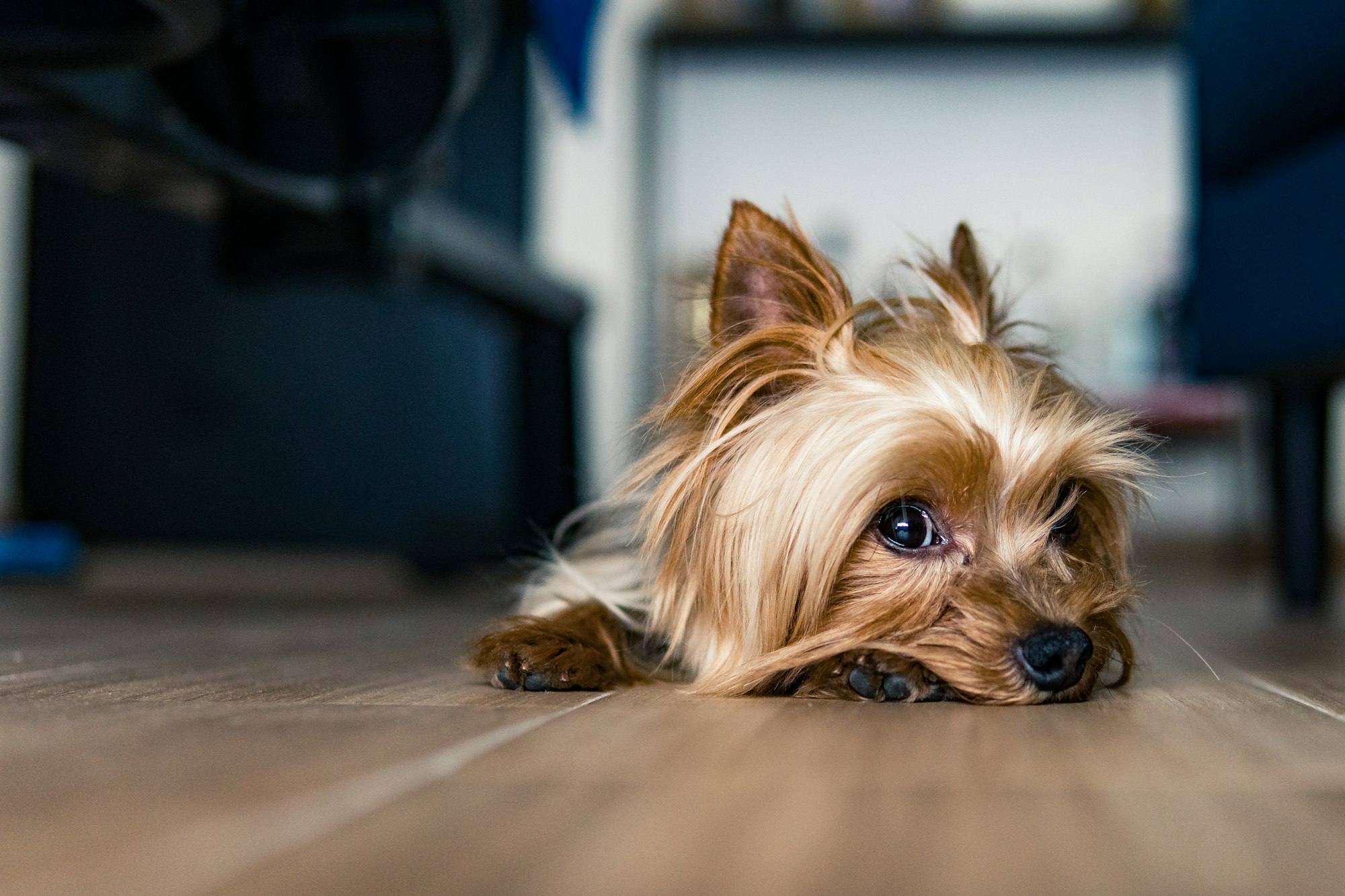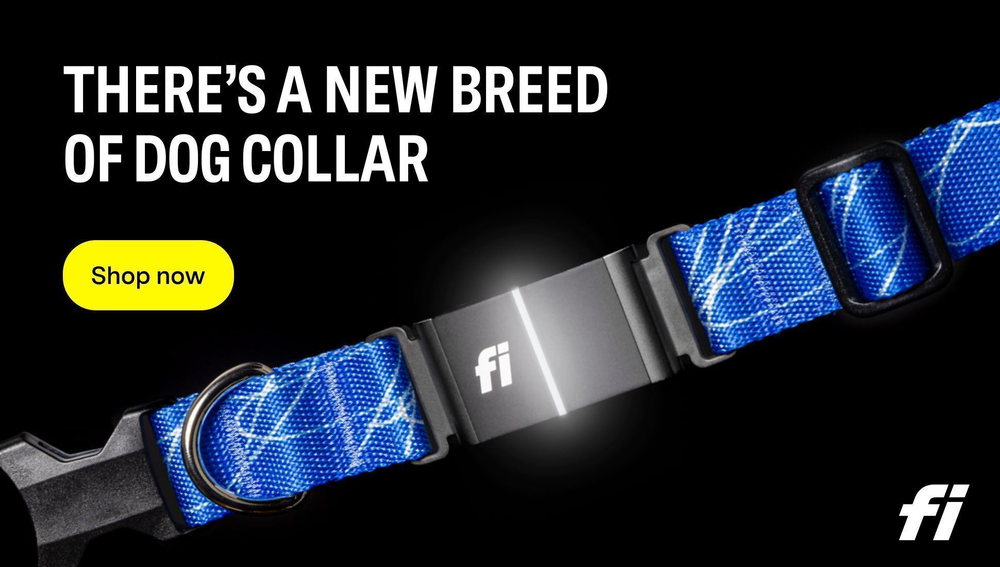Are you an animal lover who happens to have allergies? Living with allergies can make it challenging to enjoy the companionship of a furry friend. However, there is good news for allergy sufferers: small dogs that don't shed! Here, we will explore the wonderful world of small dog breeds that are hypoallergenic and shed less hair. Whether you're a first-time dog owner or looking to expand your pet family, these adorable little dogs are sure to capture your heart without triggering your allergies.

What Does It Mean for a Dog to Be Hypoallergenic?
When we refer to a dog as hypoallergenic, it means that the dog is less likely to cause an allergic reaction in people who are sensitive or allergic to dogs. While no dog breed is completely allergen-free, hypoallergenic dogs produce fewer allergens such as dander, saliva, and urine, and they shed less hair. This reduced shedding and lower production of allergens make them suitable companions for individuals with allergies.
Why Choose Small Dogs That Don't Shed?
Small dogs that don't shed offer several advantages for allergy sufferers. Firstly, their petite size makes them ideal for people living in apartments or homes with limited space. They require less room to roam and are generally easier to handle. Secondly, their minimal shedding means less hair to clean up, reducing the risk of allergens spreading throughout your living environment. Lastly, small hypoallergenic dogs are known for their loving and affectionate nature, making them perfect companions for individuals or families seeking loyal and cuddly friend.
So, let's dive in and discover the wonderful world of small dogs that don't shed!
1. The Charming Bichon Frise
The Bichon Frise is a delightful small breed that possesses a cheerful disposition and a hypoallergenic coat. These adorable good family dogs have a double coat consisting of a dense, soft undercoat and a curly, coarse outer coat. Despite their luxurious appearance, Bichon Frises shed very little, making them an excellent choice for individuals with allergies. Their playful nature and friendly temperament make them great family pets.
2. The Lively Yorkshire Terrier

Yorkshire Terriers, or "Yorkies" as they are affectionately known, are small dogs packed with energy and personality. These pint-sized pooches have a long, silky coat that resembles human hair. While their luscious locks require regular grooming, they shed minimally. Yorkies are intelligent, and confident, and make wonderful companions for individuals and families alike.
3. The Elegant Maltese
If you're seeking a small dog that exudes elegance and grace, the Maltese is an ideal choice. Known for their beautiful white coats that flow like silk, these dogs shed very little. The Maltese breed is gentle, affectionate, and highly adaptable. They thrive in various living environments and are renowned for their loyalty and charm.
4. The Intelligent Shih Tzu
Shih Tzus are small, intelligent dogs that boast distinctive, long, and flowing coats. Although their fur is abundant, it sheds minimally. Regular grooming is necessary to keep their coat tangle-free and look its best. Shih Tzus are known for their friendly nature and make excellent companions for individuals and families. They are also adaptable and do well in apartments or houses with small yards.
5. The Hypoallergenic Havanese
Havanese dogs are not only charming and affectionate but are also considered hypoallergenic due to their low-shedding coats. These small dogs have a long, silky, and wavy coat that requires regular brushing to prevent matting. Havanese are highly sociable and thrive on human companionship. They are suitable for families and individuals who desire a loyal and loving four-legged friend.
6. The Playful Cairn Terrier
Cairn Terriers may be small in size, but they possess boundless energy and an adventurous spirit. Their wiry outer coat and soft undercoat make them low shedders. While they require regular grooming to maintain their coat's texture, shedding is minimal. Cairn Terriers are known for their intelligence, agility, and mischievous nature. They make wonderful family pets for those seeking an active and playful companion.
7. The Adorable Shih-Poo
A crossbreed between a Shih Tzu and a Toy Poodle, the Shih-Poo combines the best traits of both breeds. These small, lovable dogs inherit the hypoallergenic coat of the Poodle, resulting in minimal shedding. Their coats can vary in texture, ranging from curly to wavy. Shih-Poos are affectionate, sociable, and highly adaptable, making them a popular choice for families and individuals alike.
8. The Regal Chinese Crested
The Chinese Crested is a small dog breed known for its unique appearance. These dogs come in two varieties: the Hairless and the Powderpuff. While the Hairless variety is mostly hairless except for certain areas, the Powderpuff has a long, flowing coat. Both breeds are considered low shedders, making them suitable for individuals with allergies. Chinese Cresteds are affectionate, and lively, and make great companions for those seeking an unconventional-looking pet.
9. The Docile Basenji
The Basenji is a small, ancient breed that hails from Africa. These dogs possess a short, fine coat that requires minimal grooming and sheds very little. Basenjis are known for their unique yodel-like vocalization and independent nature. They are intelligent, and attentive, and make loyal companions. However, they have a strong prey drive and require proper training and socialization.
10. The Charming Boston Terrier

Boston Terriers, or "Bostons," are small dogs with big personalities. They have a short, smooth coat that is easy to maintain and sheds minimally. Bostons are friendly, affectionate, and known for their amusing antics. They are suitable for various living environments and get along well with individuals and families.
Finding Your Perfect Small Hypoallergenic Dog
If you're looking for a small hypoallergenic dog, there are several factors to consider to find the perfect match for you. Here are some tips to help you in your search:
1. Research hypoallergenic breeds: Start by researching breeds that are known to be hypoallergenic. These breeds produce fewer allergens, making them suitable for people with allergies. Some popular small hypoallergenic breeds include the Maltese, Bichon Frise, Shih Tzu, Yorkshire Terrier, and Miniature Schnauzer. However, it's important to note that no dog breed is completely hypoallergenic, as allergens can vary from person to person.
2. Spend time with different breeds: Before making a decision, spend time with the hypoallergenic breeds you are considering. Visit breeders, shelters, or attend dog shows to interact with the dogs and see if you have any allergic reactions. It's crucial to ensure that you can tolerate being around the specific breed you choose.
3. Consider individual allergies: While hypoallergenic breeds may produce fewer allergens, individual allergies can still vary. Some people may be more allergic to certain breeds than others. If possible, spend time with dogs of the breed you're interested in to gauge your allergic reaction. This can help determine if the specific breed is suitable for you.
4. Meet the parents: If you're getting a puppy, try to meet the puppy's parents if they are available. Allergens can be passed on genetically, so if the parents don't cause an allergic reaction, it's more likely that the puppy will be hypoallergenic as well.
5. Consult with allergists and breeders: Talk to allergists and reputable breeders who have experience with hypoallergenic breeds. They can provide valuable insights and guidance based on your specific allergies and lifestyle. They may also be able to recommend particular lines or individuals within a breed that are known to be more hypoallergenic.
6. Grooming requirements: Consider the grooming needs of the breed you're interested in. Hypoallergenic dogs often have hair that continues to grow instead of shedding, which requires regular grooming and haircuts. If you're not prepared to invest time and effort into grooming, you may want to consider a breed with lower maintenance requirements.
7. Allergen reduction strategies: Even with a hypoallergenic breed, it's essential to implement allergen reduction strategies in your home. These can include regular vacuuming, using air purifiers, keeping the dog's sleeping and living areas clean, and washing your hands after interacting with the dog.
Remember, finding the perfect small hypoallergenic dog requires careful consideration and research. Take your time, gather information, and consult with professionals to make an informed decision.

Tips for Caring for Small Dogs That Don't Shed
Caring for small dogs that don't shed requires some specific attention and care to keep their coat and overall health in good condition. Here are some tips to help you care for your small, non-shedding dog:
1. Regular grooming: Even though small dogs that don't shed don't have excessive hair loss, they still require regular grooming to keep their coat healthy. Brush your dog's coat regularly to remove any loose hair, tangles, or mats. Use a comb or brush suitable for their coat type.
2. Bathing: Small dogs that don't shed may require less frequent baths compared to seasonal shedding breeds. However, they still need occasional baths to keep their skin and coat clean. Use the best dog shampoo and follow the instructions on the bottle. Be sure to rinse thoroughly to avoid any residue that may irritate their skin.
3. Haircuts: Depending on your dog's coat type, you may need to trim their hair regularly. Long-haired breeds may need more frequent haircuts to prevent their hair from becoming too long and tangled. Consult a professional groomer to determine the appropriate haircut for your dog's breed and coat type.
4. Eye and ear care: Small dogs, especially those with hair that grows around their eyes and ears, are prone to eye and ear infections. Regularly check their eyes for any signs of redness, discharge, or irritation. Clean their ears gently with a veterinarian-approved ear cleaner to prevent wax buildup and infections.

5. Dental hygiene: Small dogs are often more susceptible to dental problems, so it's crucial to take care of their oral health. Brush your dog's teeth regularly using a dog-friendly toothbrush and toothpaste. Additionally, provide them with dental chews or toys designed to promote good dental hygiene.
6. Healthy diet: Feed your small dog a high-quality, balanced diet that meets their nutritional needs. Consult your veterinarian for guidance on the appropriate type and amount of food for your dog's breed, age, and activity level. Proper nutrition is essential for their overall health, including their coat condition.
7. Regular exercise: Small dogs may have lots of energy despite their size, so it's crucial to provide them with regular exercise. Take them for daily walks, play interactive games, or engage in other physical activities to keep them mentally and physically stimulated.
8. Regular veterinary check-ups: Schedule regular visits to the veterinarian for wellness check-ups and vaccinations. Your vet can guide you on specific health issues related to your dog's breed and age and address any concerns you may have.
Remember, every dog is unique, and their care requirements may vary. It's essential to observe your dog's behavior, monitor their health, and consult a veterinarian for personalized advice on caring for your small, non-shedding dog.
Conclusion
When it comes to finding a small dog that doesn't shed much, you have plenty of wonderful options to choose from. Whether you're seeking a hypoallergenic companion, a low-maintenance pet, or simply a happy dog that keeps your home cleaner, these small breeds fit the bill. Remember to consider factors such as temperament, energy level, and grooming requirements when selecting the perfect furry friend for your lifestyle.
In conclusion, small dogs that don't shed offers the perfect blend of companionship and low maintenance. Whether you opt for a Bichon Frise, a Maltese, or any other breed mentioned in this article, you're sure to find a furry friend that brings joy and happiness to your life. So, start your search and embark on a wonderful journey with your new canine companion!
FAQs (Frequently Asked Questions)
Q1: Are all small dog breeds hypoallergenic?
A1: No, not all small dog breeds are hypoallergenic. However, many small breeds shed less compared to larger breeds, making them a suitable choice for individuals with allergies.
Q2: Do low-shedding dogs require regular grooming?
A2: Yes, even low-shedding dogs require regular grooming to maintain the condition of their coats. This includes brushing, bathing, and occasional trimming.
Q3: Can small dogs that don't shed be left alone for long periods?
A3: It depends on the individual dog's temperament and needs. While some small dogs can tolerate being alone for longer durations, most breeds benefit from human companionship and require regular exercise and social interaction.
Q4: Are low-shedding dogs suitable for families with children?
A4: Yes, many low-shedding small breeds are excellent choices for families with children.
However, it's essential to consider the specific breed's temperament and ensure proper supervision and training to ensure a harmonious relationship between the dog and the children.
Q5: How can I find a reputable breeder or adopt a small dog that doesn't shed?
A5: You can start by researching local breeders or contacting rescue organizations that specialize in the specific breed you're interested in. It's crucial to choose a reputable source to ensure the health and well-being of the dog you bring into your home.






